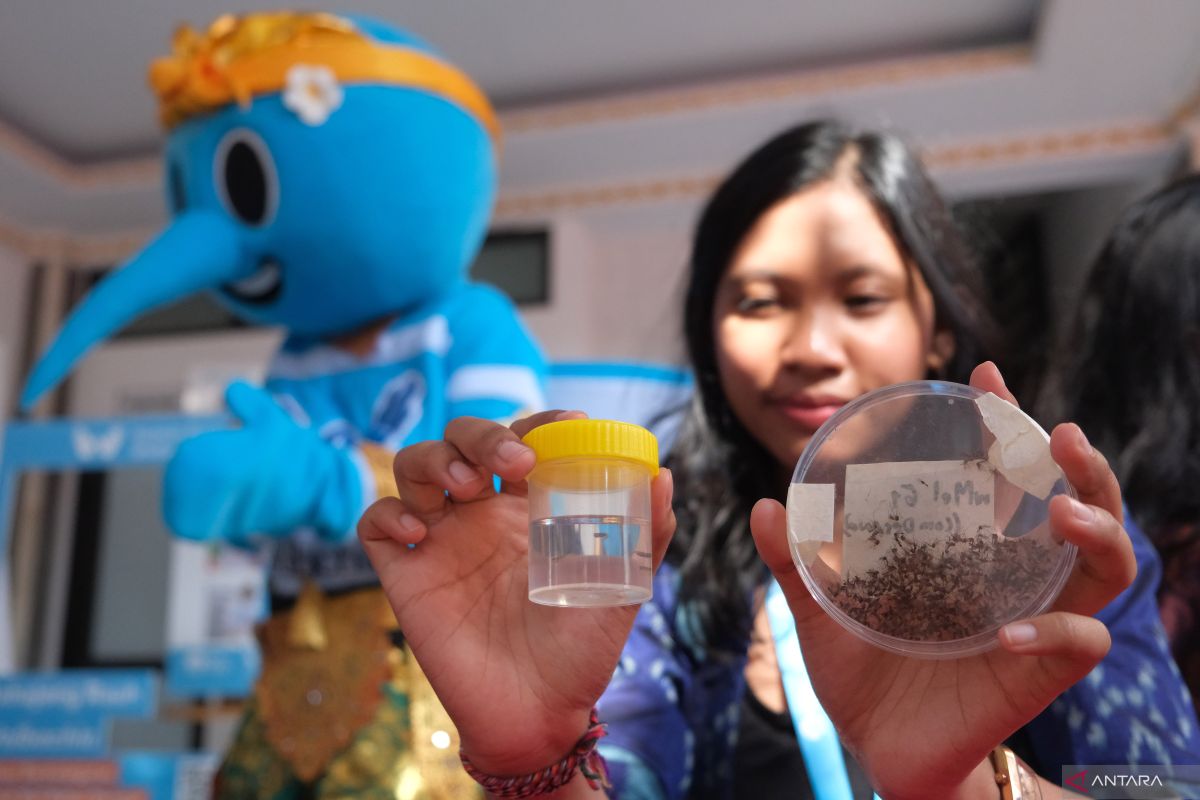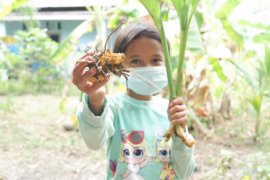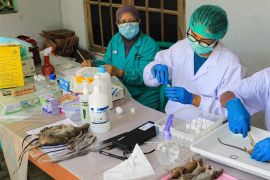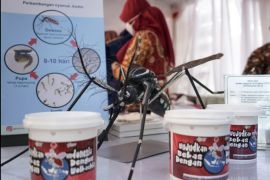"Wolbachia does not cause new diseases that are harmful to health. This is supported by research and risk studies.," said Siti Nadia Tarmizi, the head of the ministry's Communication and Public Services Bureau.
Citing research by the Tropical Medicine Center of Gadjah Mada University (UGM), she said that Wolbachia bacteria are found naturally in insects, such as butterflies, fruit flies, and bees.
In the research conducted in 5 hamlets, including residential and agricultural areas in Sleman and Bantul districts, Yogyakarta, in 2012, the bacteria were found in 44.9 percent of insects, such as butterflies, moths, mosquitoes, and flies.
Tarmizi said that the research showed that the bacteria do not infect humans or other vertebrates and do not cause illness in humans or animals.
"Wolbachia is an obligate endosymbiont, which can only live inside the cells of other living organisms," she said.
The research aso showed that Wolbachia can reduce the replication of the dengue virus in the body of the Aedes aegypti mosquito, thereby reducing the mosquito's ability to transmit dengue.
"The main working mechanism is through food competition between the virus and bacteria. With little food that can support the virus, the virus cannot reproduce," she explained.
She said that Aedes aegypti mosquitoes that contain Wolbachia can be released to stem the spread of the dengue virus.
If a male Aedes aegypti mosquito with Wolbachia mates with a female mosquito, the dengue virus in the female mosquito is blocked.
Meanwhile, if a female mosquito with Wolbachia mates with a male mosquito that does not have the bacteria, all of the female's eggs will contain Wolbachia.
"The first release method aims to reduce the Aedes aegypti mosquito population by releasing only male mosquitoes with Wolbachia within a certain period so that the eggs produced do not hatch and cause a decrease in the population," she said.
The second method, which aims to spread Wolbachia in the Aedes aegypti mosquito population to curb dengue transmission, involves releasing male and female mosquitoes with Wolbachia for about six months so that the majority of the mosquito population have Wolbachia.
The Ministry of Health has released mosquito larvae with Wolbachia in five dengue-endemic cities in Indonesia since early 2023.
The larvae were spread at 47,251 locations in Semarang, 20,513 locations in Bandung, 18,761 locations in West Jakarta, 9,751 locations in Kupang, and 4,917 locations in Bontang.
Related news: Wolbachia, dengue vaccines main topics at 2023 ASEAN Dengue Day
Related news: Wolbachia nature-based strategy in fight against dengue: Ministry
Translator: Andi Firdaus, Raka Adji
Editor: Anton Santoso
Copyright © ANTARA 2023










